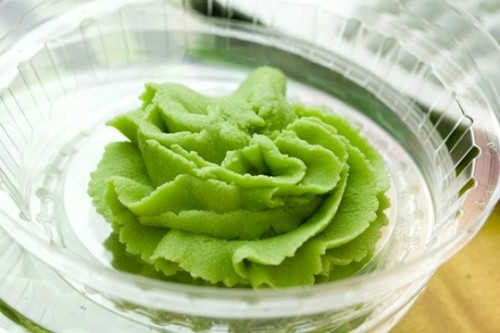How to use mustard to prevent breast and prostate cancer?
Mustard seeds contain allyl isothiocyanate, phenethyl, melatonin... which help the body fight aging, fight bacteria, and inhibit the formation of cancer cells.
Mustard is made from turnips, usually yellow or green. There are many varieties of mustard around the world. In the United States, some mustards are made from the ground seeds of the white or yellow mustard plant, mixed with juice, vinegar, turmeric, and other spices or flavorings. Brown mustards and French mustards are often made from vegetables or leaves from India.
|
Bioactive compounds in various mustards such as allyl isothiocyanate (AITC), phenethyl isothiocyanate (PEITC), melatonin and ferulic acid, etc. have been shown to have anti-aging, antifungal, antibacterial and antioxidant effects. White mustard seeds have been shown to inhibit the formation of colon cancer.
A mustard grown in India called Brassica compestris prevented stomach and uterine cancer in mice. Cruciferous vegetables have also been shown to reduce the risk of gallbladder and urinary bladder cancer, and inhibit the growth of lung, pancreatic, and prostate cancer cells.
Several studies in Chinese women have shown that eating more cruciferous vegetables reduces the risk of breast cancer.White and black mustard seeds are rich sources of melatonin, which prevents the growth of precursors to breast cancer.
In India, some mustards are produced using natural ingredients that combine heavy metals and minerals (e.g. cadmium, arsenic and lead) from the soil. This results in high selenium content in mustard, which protects against prostate cancer.
However, heavy metal pollution in the soil will lead to the accumulation of pollutants in mustard, eating too much is harmful to health. This problem has been reported in many countries such as China, Russia, India...
Buyers of Indian mustard or black mustard from the market should check the source of origin to ensure safety.
Nowadays, mustard is widely used in cooking. Mustard oil is produced by grinding the seeds, adding water, and extracting the volatile oil by distillation. However, the content ofMustard oil's allyl isothiocyanate can be toxic when used in excess. Therefore, experts advise against overusing mustard.



